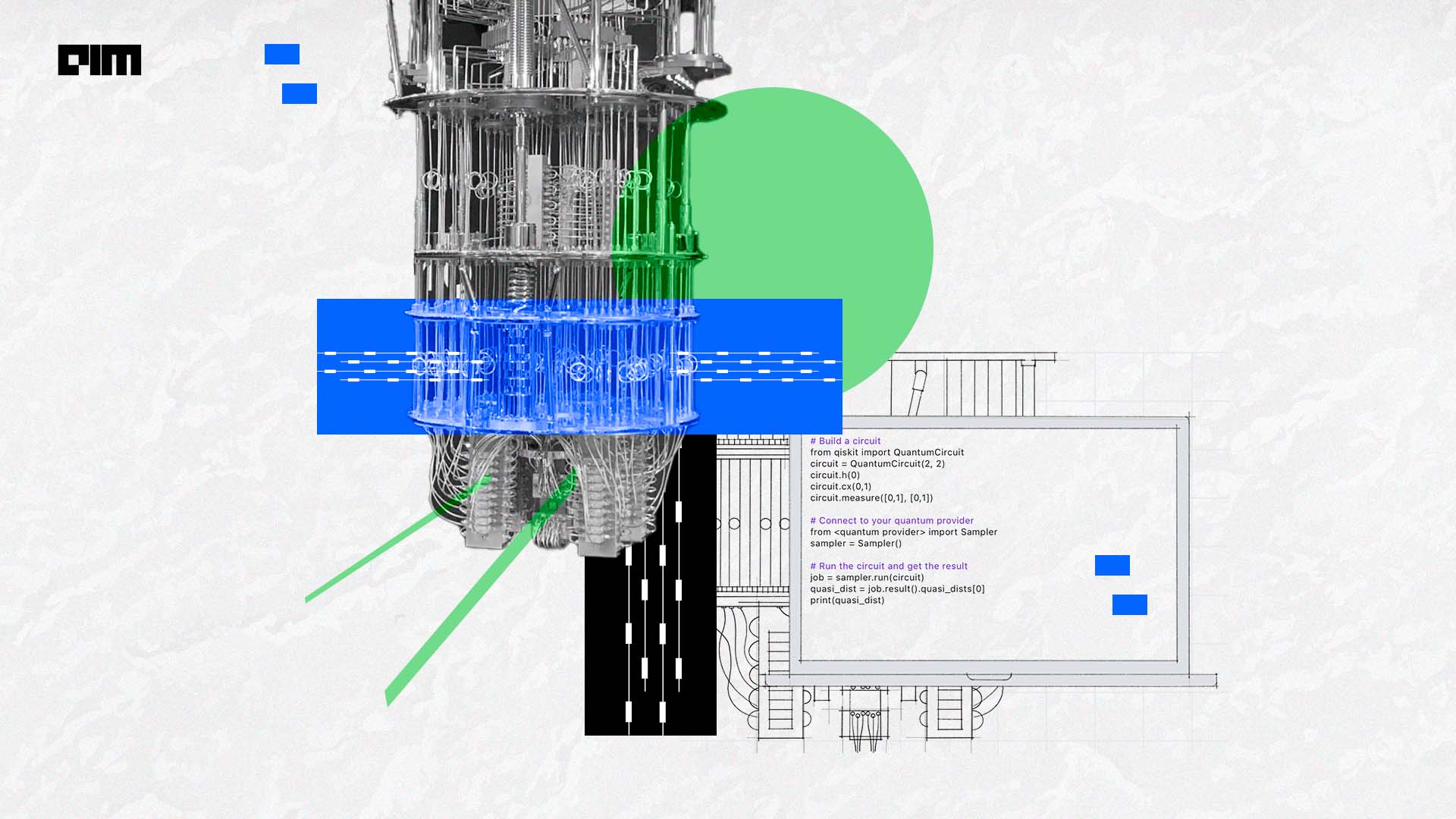NVIDIA announced the launch of CUDA Quantum 0.5, the latest iteration of its CUDA Quantum platform, which is tailored explicitly for developing quantum-classical computing applications. It boasts an open-source programming model that seamlessly integrates quantum processor units (QPUs), GPUs, and CPUs. By accelerating workflows spanning quantum simulation, quantum machine learning, and quantum chemistry, CUDA Quantum optimises these intricate processes through its compiler toolchain, harnessing the immense power of GPUs.
At its core, CUDA Quantum 0.5 brings forth a suite of innovations. A significant addition is the support for adaptive quantum kernels, a development spearheaded by the QIR alliance. This advancement enables the platform to navigate complex quantum error correction and hybrid quantum-classical computations, crucial for intricate control flow and intertwined primitives.
Further augmenting its capabilities, CUDA Quantum 0.5 introduces Fermionic and Givens rotation kernels, catering specifically to quantum chemistry simulations. These kernels streamline operations on fermionic systems, empowering researchers to develop novel quantum algorithms tailored for applications in chemistry, thereby accelerating research in this domain.
In a significant stride towards quantum mechanics integration, the platform now supports exponentials of Pauli matrices. This enhancement proves invaluable for researchers engaged in quantum simulations of physical systems such as molecules, paving the way for the development of quantum algorithms tailored for optimization problems, thereby broadening the practical applications of quantum computing.
The integration of IQM and Oxford Quantum Circuits’ (OQC) QPU backends stands as a monumental achievement for CUDA Quantum 0.5. This integration expands its compatibility across a diverse range of quantum computing technologies, complementing the existing support for platforms from Quantinuum and IonQ. Developers and researchers now gain the flexibility to execute CUDA Quantum code seamlessly across multiple quantum platforms, opening doors to a myriad of possibilities.
A notable addition to this iteration is the advancement in tensor network-based simulators. These simulators prove invaluable for large-scale simulations of quantum circuits involving numerous qubits, surpassing the memory constraints of traditional state vector-based simulators. Moreover, the inclusion of a matrix product state (MPS) simulator, leveraging tensor decomposition techniques, facilitates handling a vast number of qubits and deeper gate depths within a relatively confined memory space, redefining the boundaries of quantum circuit simulations.
For those eager to explore the capabilities of CUDA Quantum 0.5, a comprehensive Getting Started guide lays out the steps for delving into Python and C++ examples. Advanced users can further explore the tutorials gallery to unleash the full potential of quantum-classical applications. To engage with the CUDA Quantum community, the open-source repository serves as a central hub for feedback, issue reporting, and collaborative feature suggestions.
The post NVIDIA Unveils CUDA Quantum 0.5 to Accelerate Quantum Workflows with GPUs appeared first on Analytics India Magazine.



![[CITYPNG.COM]White Google Play PlayStore Logo – 1500×1500](https://startupnews.fyi/wp-content/uploads/2025/08/CITYPNG.COMWhite-Google-Play-PlayStore-Logo-1500x1500-1-630x630.png)